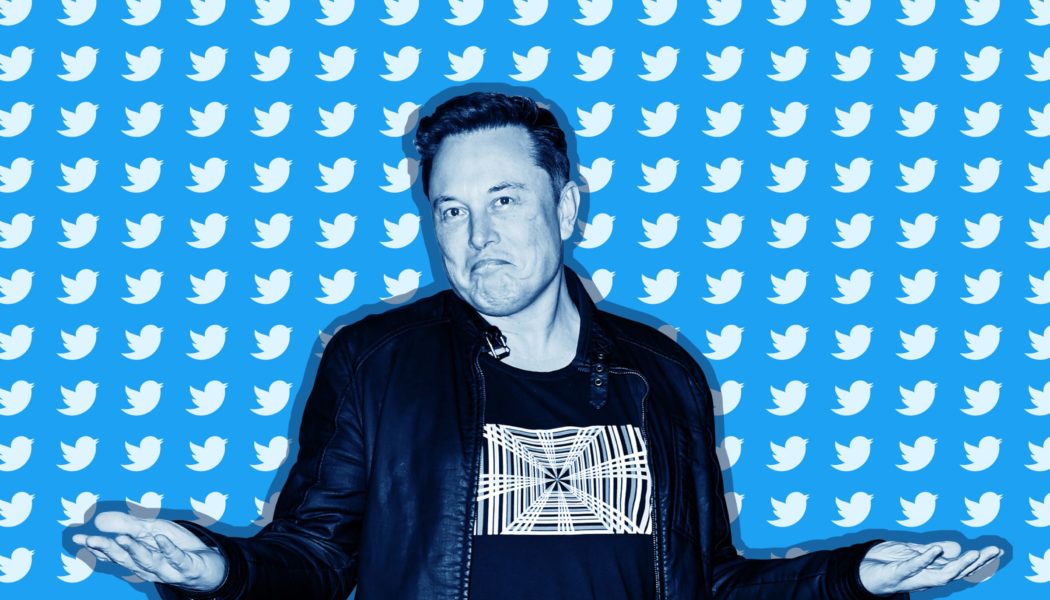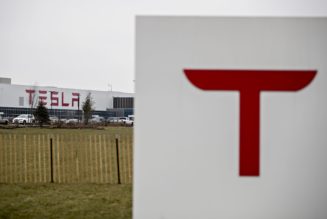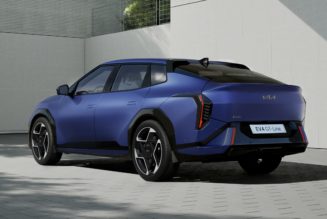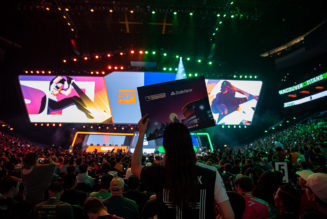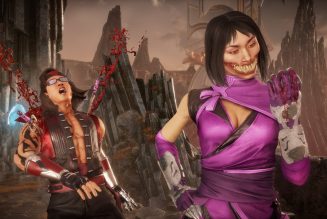Musk defended his right to tweet about controversial subjects, even if it loses him customers.
Share this story
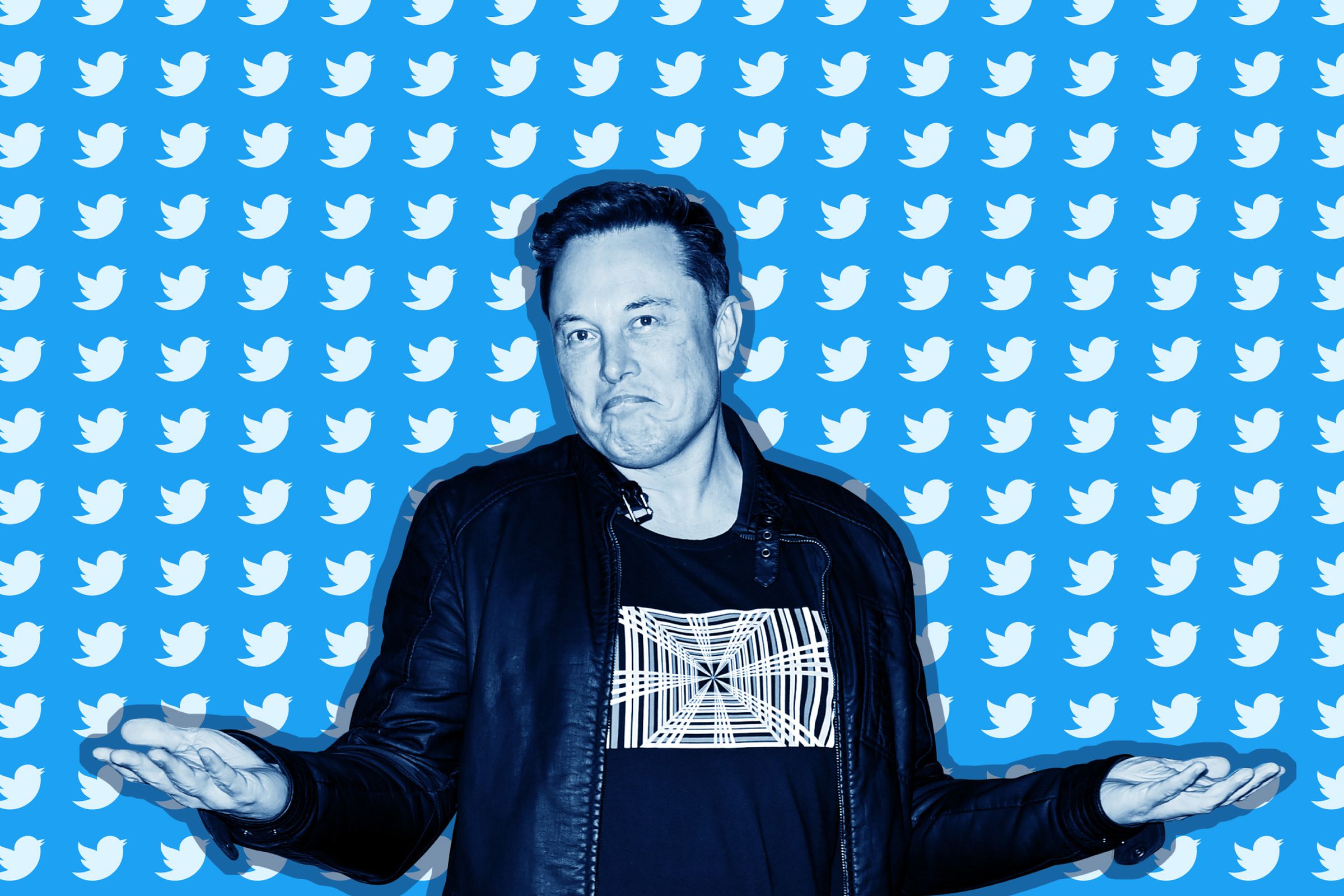
During an interview on CNBC, Elon Musk defended his right to say inflammatory things on Twitter, even if those statements lose him money. He appeared to disassociate briefly after being asked why even bother tweeting. And he eventually quoted The Princess Bride to explain his cavalier attitude toward what he shares on Twitter.
It was a very weird interview.
The interview came after a particular troubling run of tweets for Musk, in which he promoted conspiracy theories about a mass shooting in Texas, was accused of antisemitism after claiming that George Soros “hates humanity,” and retweeted discredited theories about crime and race.
After a series of mostly softball questions about Tesla and time management, CNBC’s David Farmer asked why he tweets conspiracy theories and makes statements that have been criticized as racist and anti-semitic, especially when they could lose him customers and hurt the companies he runs.
After an extremely long and uncomfortable pause, Musk referenced the scene from the 1987 movie The Princess Bride, in which Mandy Patinkin’s Inigo Montoya character confronts the man who killed his father.
“He says, ‘Offer me money. Offer me power,’” Musk said. “‘I don’t care.’”
“You just don’t care,” Faber replied, to which Musk just stared at him. “You want to share what you have to say.”
Eventually, Musk said, “I’ll say what I what to say, and if the consequences are losing money, so be it.”
As CEO of a public company, there are limits to what Musk can say, on Twitter or elsewhere. If he tweets misleading things about Tesla, shareholders will sue him — as they did after he tweeted about taking the company private at $420 a share. (The shareholders lost the suit and Musk was found to not be liable for their losses.)
His tweets have caused him all sorts of headaches over the years. His take-private tweet in 2018 got him fined $40 million by the Securities and Exchange Commission and lost him the chairmanship of Tesla. He is currently under a consent decree with the SEC that requires a lawyer to approve his tweets about Tesla before he can post them. A federal appeals court recently ruled against Musk’s attempts to vacate the consent decree.
We’ve been through all this before. Musk is asked why he tweets incendiary things, and he points to his follower count to justify his increasingly unhinged behavior — as if a large chunk of those followers aren’t just rubber-necking. His followers and shareholders implore him to stop tweeting, but he doubles and triples down, again and again. It is, one might say, inconceivable.
